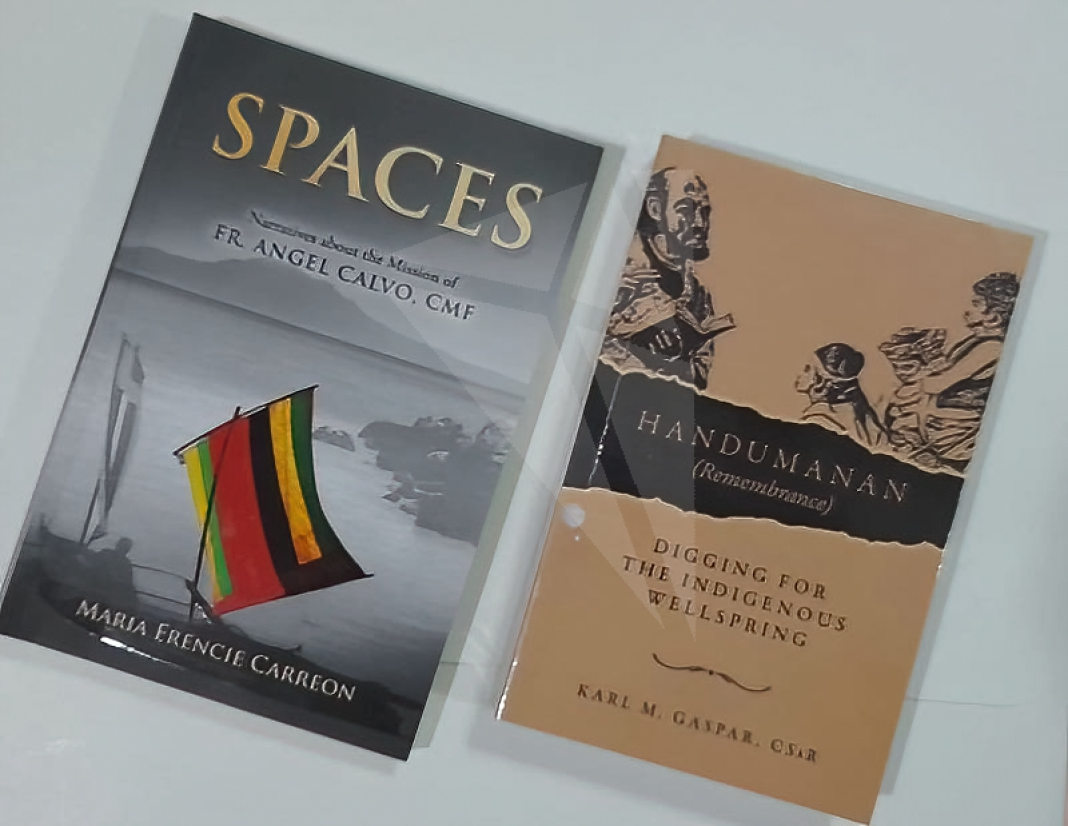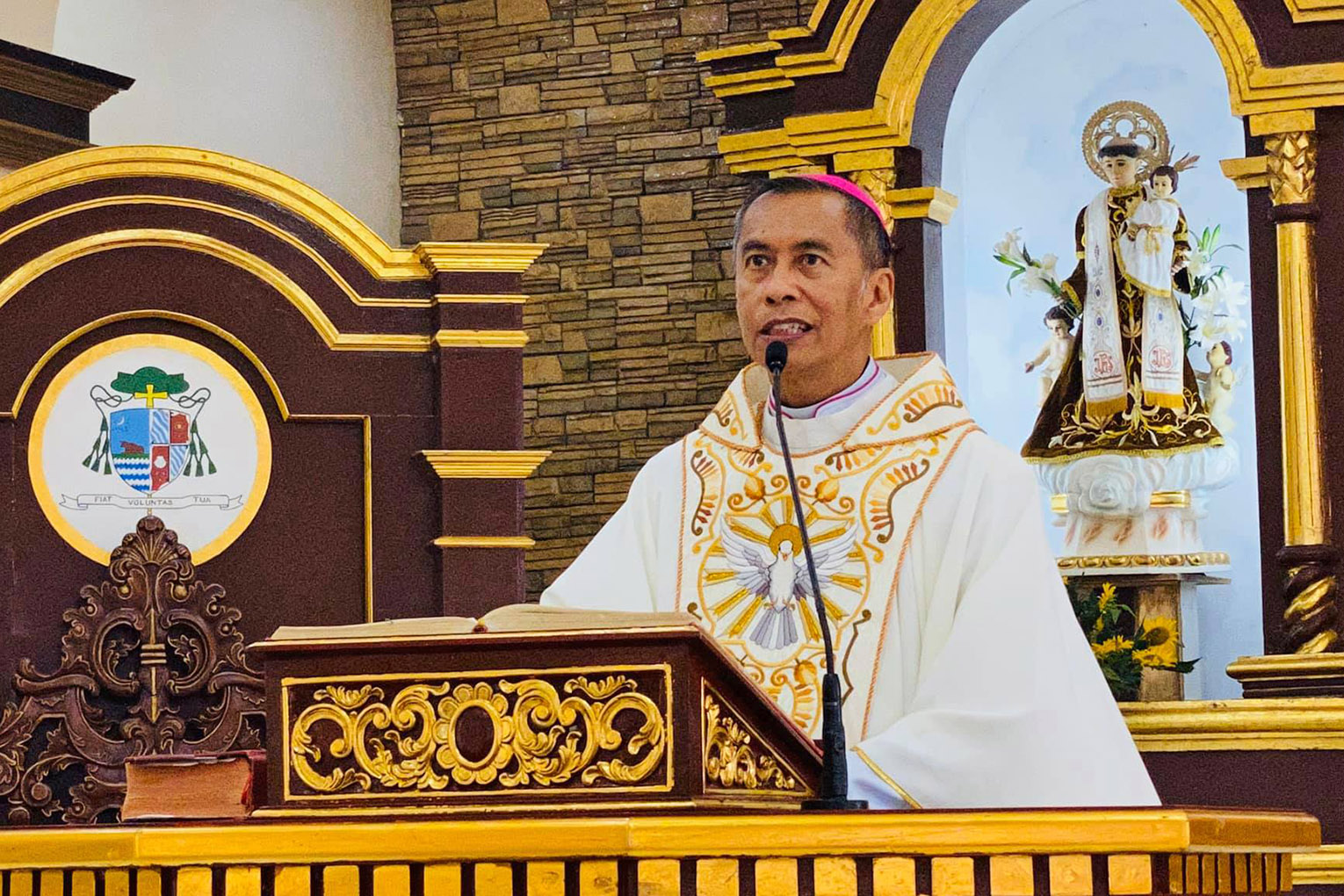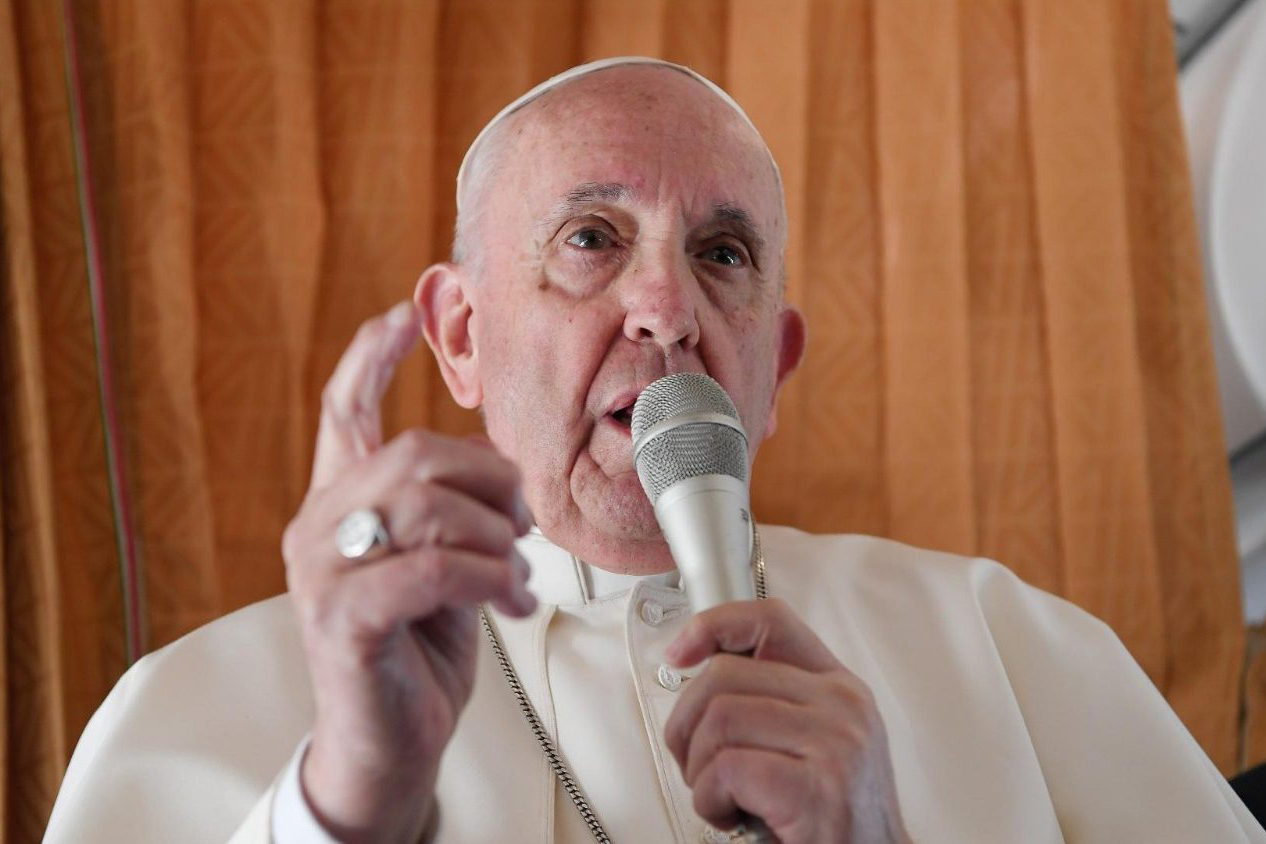
The whole world is facing an unprecedented crisis: COVID-19. In response to this pandemic, nations impose different measures: massive/total/partial lockdown, enhanced community quarantine, restricted/total land, air and sea travel, use of Personal Protective Equipment (PPE) and/or mask, isolation units for PUI, PUM and COVID-19 patients, and many more. To prevent local transmission of this highly communicable virus, self-quarantine, social distancing and stay-at-home are observed worldwide.
The whole world is under siege by this unseen enemy. As a reaction, some shudder or cower in fear, displaced workers, vendors, tricycle and jeepney/bus drivers, indigent families, informal settlers and homeless people rely on local government units (LGUs) for food and financial assistance. Common responses are depression, sleepiness, moodiness, irritability and/or boredom due to the absence of physical exercise and high level of melatonin, the hormone that regulates the body clock. Quite a number of people suffer from cabin fever, the stressful claustrophobic isolation or confinement in a place/home for an extended period of time. Such persons are described as stir-crazy (from the colloquial use of stir to mean ‘prison’).

Sadly, instead of utilizing the stay-at-home injunction to avoid oral transmission of this virus, to promote love, compassion and peace among family members, relatives and friends, to strengthen further ties and bond among communities, there are those who resort to vindictiveness, sow intrigues, foment hatred and violence, While at home for so long, why not heighten the bond between wife and husband, among children and relatives, even those living miles away and across the sea? Instead of sowing intrigues and hurling hurting accusations against one another, rather than disseminating divisions among relatives that further estrange relationships, rather than publishing fake news that instill undue fear on the uninitiated and unsuspecting individuals, why not utilize the Internets, e-mails and FB for a proactive and reconciliatory endeavor, instead of a reactive and divisive actions, why not devote one’s time to a more fraternal, charitable and Christian activities?
Similarly, this crisis awakens in us of our need for another. No man is an island. “The Lord God has given me the tongue of those who are taught that I may know how to sustain with a word him that is weary” (Isaiah 50:4).
Spiritually, the absence of communal celebration of Holy Mass and other interpersonal liturgical rites during one of the most solemn celebrations in Christendom – Holy Thursday, Good Friday and Easter – highlights the value of ministerial priesthood.

This time is a wake-up call for the Catholic clergy that the ministerial priesthood of bishops and priests is a vocation to abandon the world’s idea of power. Powerlessness is the main and foremost trait of a priest. Powerlessness is not parallel to weakness and sinfulness. The less powerful a priest is, the more qualified he is to follow Christ. In his powerlessness, the priest’s service relies mainly on God’s grace.
Unless a priest denounces his power of dominance, he will lord it over the faithful and is unsympathetic to the cries of the powerless. He will desire to be served than to serve or the master not the servant. His wish is the people’s command.
Before the Second Vatican Council the prevailing theological image of the church is pyramidal. The ministerial priesthood is at the top of the pyramid, whereas the laity is at the bottom. After the council, an image of a communal church emerged. It is now a primus inter pares (first among equals, the laity) image. A better comparison is servus servorum (servant of the servants)
The ministerial priesthood must be powerless after the example of Christ. He became powerful when he was powerless. On the cross he looked defeated, abandoned and powerless. In all reality, he was most powerful when crucified. He had conquered hatred with love, sinfulness with forgiveness, betrayal with mercy and death with life.

There is no priesthood without the Eucharist; there cannot be any Eucharist without the priesthood. No matter how tragic that can be, yet it is equally painful for the laity to be without priest and for the priest without the laity (See. Priests without People. Fr. Paul D. Scalia. The Catholic Thing. Sunday, March 22, 2020). This whole crisis brings out the very meaning of priestly identity and ministry. The ministry of the priesthood is no doubt very important, but it streams out of our being as priests, Agere sequitur esse. Action follows being. The dignity and identity of the priest come from who he is, not by his functions. Timothy Cardinal Dolan Priestly wrote that the identity of the priest is the very core of his essence impacting on his being and eventually his actions.(Priestly Role & Identity.Timothy Cardinal Dolan. WorldPriest. com)
The priest is consecrated as alter Christus (another Christ) to act in persona Christi (in the person of Christ). Robert Cardinal Sarahsays that the ordained priest is ipse Christus (Christ himself), truly and really identified with and “transubstantiated” and configured to Christ. ( Robert Cardinal Sarah. ThePower of Silence, Against The Dictatorship of Noise.)
The identity and ministry become more evident at this time when most Catholic bishops have announced the suspension of public Masses due to the coronavirus pandemic, and where possible, to access the live streaming of Mass from local parishes that have that competence.
The Lord is full of compassion, mercy and love. From the Cross seeing his crucifiers and blasphemers, Christ prayed that they be with Him. He neither did wait for their repentance nor forget their wickedness. Jesus prayed, Father, forgive them, they know not what they do. (Luke 23:34) Have courage. The Lord knows what we need before we even asked for it.

Our world, environment and communities must fight this pandemic enemy with collective, courage and God-centered armor and shield. God writes straight in crooked lines. If we can draw anything salvific from this virus, it is this: we realize how fragile life is, how sinful we are and how close God is to us. The Lord is near to the brokenhearted and saves the crushed in spirit. (Psalm 34: 18)
We must fight this evil. We cannot do it alone. Together we can fight and heal one another with prayers, faith and resolve to WIN. IN GOD’S POWER AND BY HIS GRACE, THE WEAK ONES BECOME STRONG!
Msgr. Fernando G. Gutierrez belongs to the Diocese of Malolos and retired as Supervisory Chaplain (2001-2010) from the US Department of Justice, Bureau of Prisons.
He earned a Master’s (MRE), and a Doctorate in Ministry (D. Min.) at The Catholic University of America, Washington, DC and holds a California Community College Credential in Philosophy and Religion.
He has published twelve books and a booklet. He contributed articles for The Priest Magazine, Indiana, USA, FilCatholic Magazine and reflections for April, May and June 2015 of Bible Diary (Claretians), Quezon City, Philippines. He has a weekly column for The Asian Journal of San Diego, CA. and a weekly radio program (Friday, 5-7 pm, Pacific Time) “Ihulog Ang Lambat,” (Lower Your Nets) Radyo Filipino Amerika.









